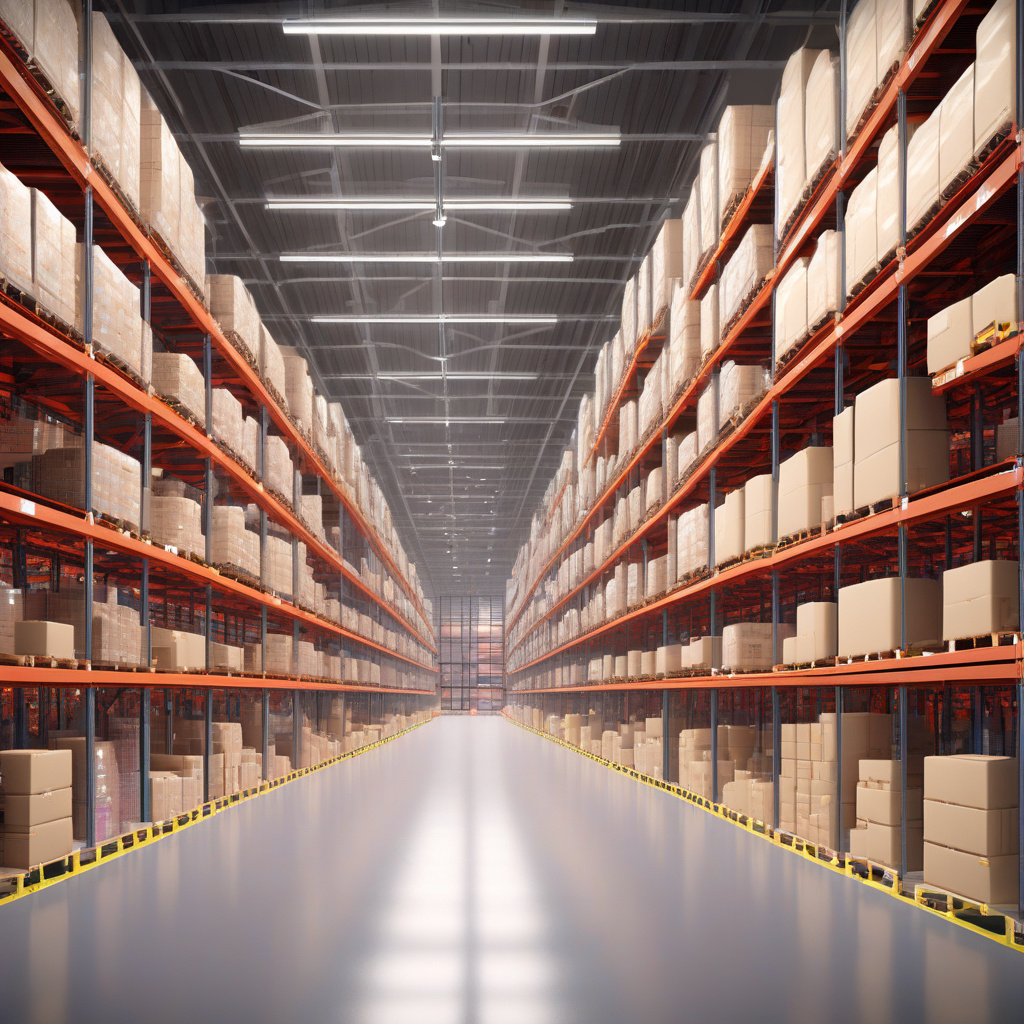UK Retailers Look to Warehouse Automation to Achieve Net Zero Goals
In a world where sustainability and efficiency are becoming increasingly important, UK retailers are turning to warehouse automation as a key strategy to reach their net zero goals. According to a recent survey by Inteq, nearly 90% of retail leaders in the UK view warehouse automation as vital for achieving net zero status by 2040. This shift towards automation not only aims to reduce emissions but also to boost overall efficiency in the retail sector.
The concept of net zero, which involves balancing the amount of greenhouse gas emissions produced with an equivalent amount removed from the atmosphere, has gained significant traction in recent years. As consumers become more environmentally conscious, companies are under increasing pressure to minimize their carbon footprint. For the retail industry, this means reevaluating traditional practices and embracing innovative solutions such as warehouse automation.
One of the primary benefits of warehouse automation is the significant reduction in energy consumption. By utilizing technologies such as automated picking systems, robotic arms, and smart inventory management systems, retailers can streamline their operations and minimize waste. This not only leads to cost savings but also helps in achieving sustainability targets.
Moreover, warehouse automation plays a crucial role in enhancing overall efficiency within the retail supply chain. By automating repetitive tasks and optimizing processes, retailers can improve order accuracy, reduce lead times, and enhance the overall customer experience. This increased efficiency not only benefits the environment by reducing unnecessary resource consumption but also leads to higher levels of customer satisfaction and loyalty.
In addition to efficiency gains, warehouse automation can also help retailers meet the growing demand for fast and reliable delivery services. With e-commerce on the rise, consumers expect shorter delivery times and real-time tracking capabilities. Automation enables retailers to fulfill orders more quickly and accurately, ultimately improving the overall shopping experience for customers.
Furthermore, warehouse automation can help retailers better manage their inventory levels, leading to reduced instances of overstocking or stockouts. By implementing automated systems that track inventory levels in real-time and generate predictive analytics, retailers can ensure that they have the right amount of stock on hand at all times. This not only optimizes storage space but also minimizes waste and excess inventory.
Overall, the shift towards warehouse automation represents a significant step forward for UK retailers looking to achieve their net zero goals. By embracing innovative technologies and reimagining traditional practices, retailers can not only reduce their environmental impact but also drive operational efficiencies and improve customer satisfaction. As sustainability continues to be a top priority for consumers and businesses alike, warehouse automation is set to play a crucial role in shaping the future of the retail industry.
#RetailersUK, #WarehouseAutomation, #NetZeroGoals, #EfficiencyInRetail, #SustainabilityTrends
